
ABIM has a new leader and the most recent change - the removal of the 2-year points requirement - is a reflection of the new direction the organization is headed.

ABIM has a new leader and the most recent change - the removal of the 2-year points requirement - is a reflection of the new direction the organization is headed.

When ABIM removed the 2-year points requirement for MOC, approximately 12,000 physicians were affected by the change. ABIM is reaching out to notify those affected. In addition, other MOC changes, like the Longitudinal Knowledge Assessment, have also proven popular and similar programs may be launched.

Stories of transformation shared by Specialdocs and affiliated physicians.

Furman McDonald, MD, president and CEO of ABIM, is listening to feedback that led to the removal of the 2-year points requirement for MOC and could lead to other future changes.

ABIM eliminated the 2-year points requirement for MOC after listening to feedback from diplomates.
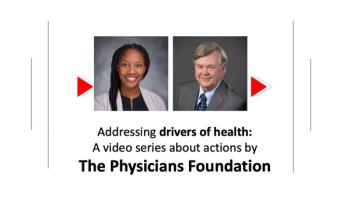
Two experts discuss The Physicians Foundation and its efforts to affect the factors that affect health outside the doctor's office.

DermaSensor is a new FDA-approved handheld that is designed to scan and assess skin lesions in the primary care clinical setting. Rebecca Hartman, MD, MPH, describes how it works.

Physicians in elected office share their thoughts about campaigning, elections and public service.
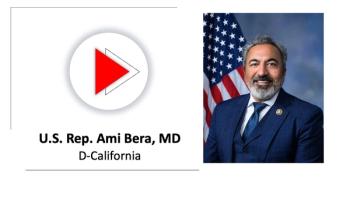
Physicians in elected office share their thoughts about campaigning, elections and public service.

Physicians in elected office share their thoughts about campaigning, elections and public service.
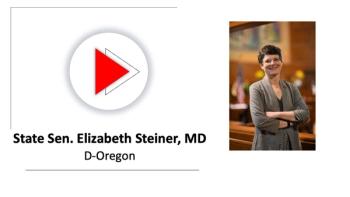
Physicians in elected office share their thoughts about campaigning, elections and public service.

Physicians in elected office share their thoughts about campaigning, elections and public service.
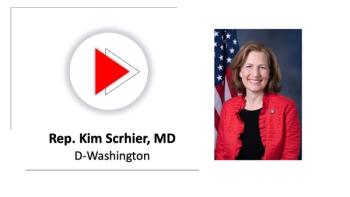
Physicians in elected office share their thoughts about campaigning, elections and public service.
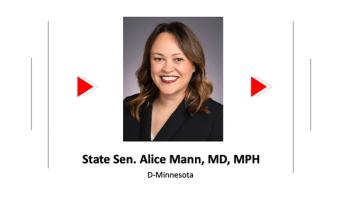
Physicians in elected office share their thoughts about campaigning, elections and public service.
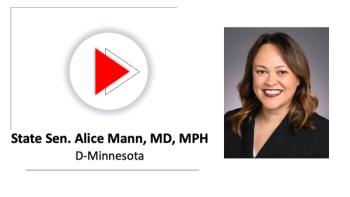
Physicians in elected office share their thoughts about campaigning, elections and public service.

Physicians in elected office share their thoughts about campaigning, elections and public service.
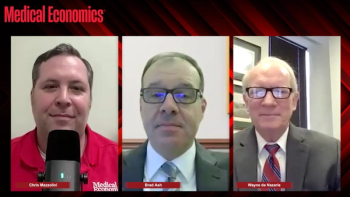
Two experts discuss how emerging trends in health care — market conditions, consolidation, the physician shortage and more — are impacting physician liability risks.

Do noncompetes have a future considering the courts seem to have a poor opinion of them?

Noncompete agreements can be complicated, so practices need to make sure they are getting the details correct before implementing one.

If a physician breaks a noncompete agreement, the previous employer has options as to how to proceed.

If a practice unknowingly hires a physician with a noncompete agreement, how much risk is on the practice, and does firing the physician remove that risk?

Noncompetes can be complicated and are currently tied up in legal challenges to the FTC nationwide ban. Are there other legal tools that achieve the same purpose?

What happens if a physician signs a noncompete agreement in one state, but moves to another where they are banned? Does the agreement still apply?

The FTC banned noncompete agreements nationwide, but that decision is being challenged in court. Here's the latest update on the case.

Non-compete agreements are facing complicated legal challenges right now. Here's what you need to know.


Physicians need to understand the reasons behind COVID-19 vaccine hesitancy so they can better address it.

Two experts discuss The Physicians Foundation and its efforts to affect the factors that affect health outside the doctor's office.

How to know whether you are burned out to the point where you need to look for a new job.

A cognitive psychologist discusses causal beliefs, patient decisions and disclosures, and how those affect health care.